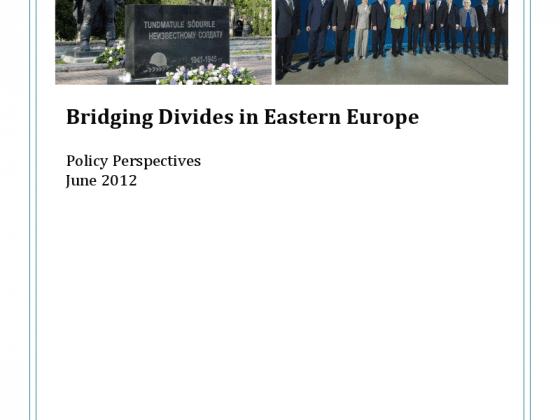When presidents Bill Clinton and Boris Yeltsin meet in Moscow next month, issues such as START II, NATO expansion, trade with Iran and Iraq, and Russia's new draconian law on religion are likely to dominate the agenda. To historians of US-Soviet relations, this agenda should sound familiar as arms control, European security, regional conflicts, and human rights were the main components of most summit agendas between the United States and the Soviet Union during the Cold War. This old agenda suggests that the promise of a new post-communist strategic partnership between the United States and Russia has not been realized. Especially as Russia continues to struggle in reforming its economy, many in the US have now concluded that engagement with this "basket case" is not worth the trouble–better to walk away from the failing project of internal reform and prepare instead to contain future external aggression.
This is a premature conclusion. The Soviet communist system and not Russia as a country or Russians as a people threatened American national interests during the Cold War. As long as Russia continues on the path of democratization and marketization, Russian-American relations hold the promise of moving beyond these old issues of division and confrontation. After all it was the collapse of communism, not skilled diplomacy, that triggered the greatest progress in all of these Cold War issues earlier in the last decade. Consequently, US national interests in the post-Post Cold War era are tied intimately to the fate of Russia's new political and economic system. Clinton cannot go to Russia again seeking to come home with a few, inconsequential "deliverables" on the old agenda. Rather, he must do what he can do to recharge Russia's commitment to democracy and capitalism. […]









